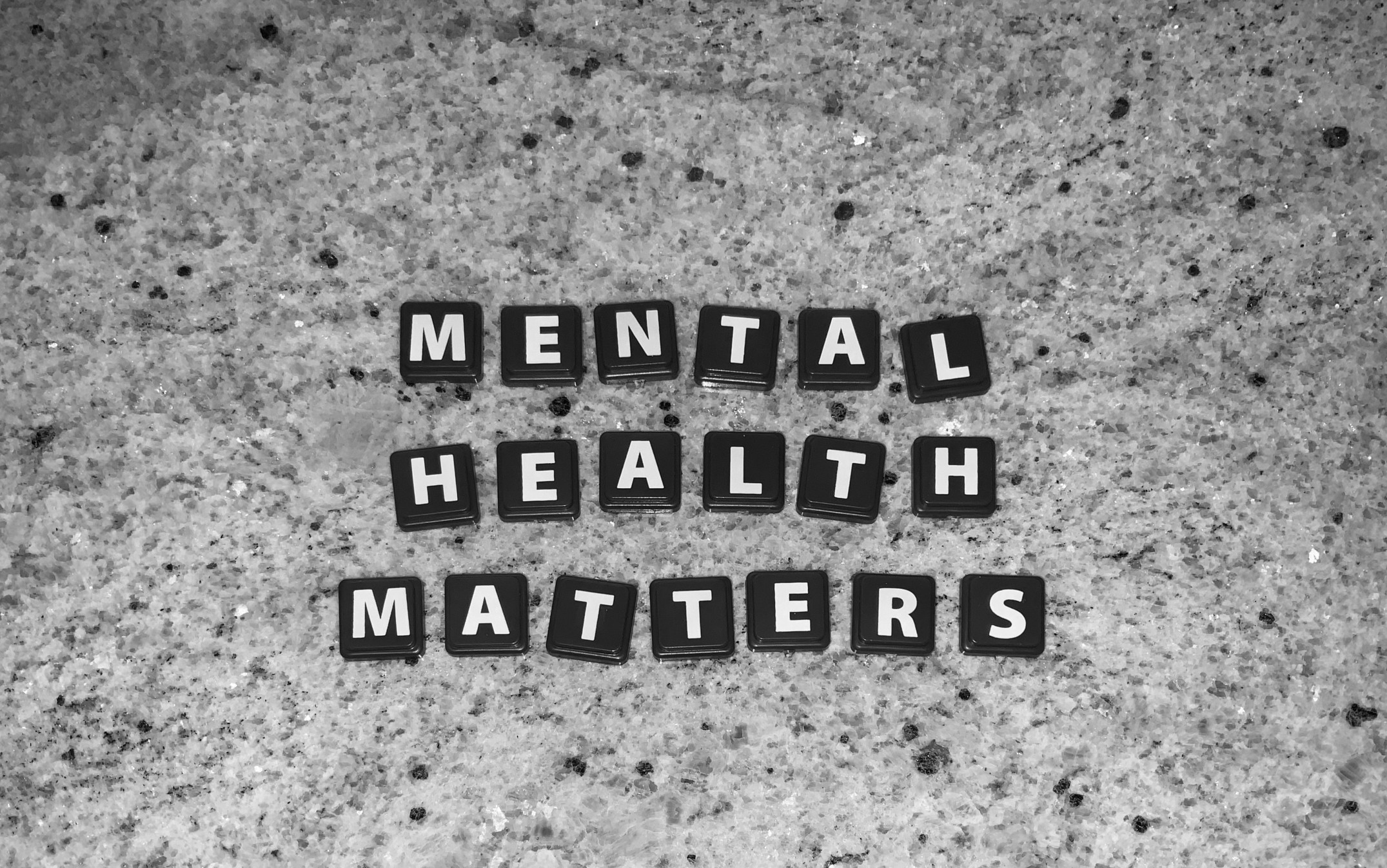Mental health is a crucial aspect of our overall well-being, yet it often goes unnoticed until it starts to decline. Just like physical health, our mental health requires attention, care, and vigilance. Recognizing the signs of mental health decline is the first step in addressing and improving your well-being. In this blog, we will explore some of the key indicators that your mental health may be on the decline and offer insights on why these changes occur.
Feeling Tired All the Time
One of the most common signs of a mental health decline is a constant feeling of exhaustion. You might wake up tired, struggle to stay awake during the day, or find it difficult to muster the energy to accomplish even basic tasks. This persistent fatigue can be a red flag indicating that something is amiss.
Sleep Disturbances
Another noticeable change is in your sleep patterns. You might find yourself unable to fall asleep or sleeping excessively. These disruptions can disrupt your daily routine and affect your mood and cognitive abilities, making it even more challenging to cope with life's demands.
Drastic Changes in Eating Habits
Your eating habits can be a reflection of your mental health. You might experience a loss of appetite, leading to unhealthy weight loss, or resort to binge eating as a coping mechanism. These changes can significantly impact your physical health and overall well-being.
Social Isolation
A clear sign of mental health decline is when you withdraw from social interactions. You may lose interest in seeing friends and family, preferring solitude over social engagement. Isolation can exacerbate feelings of loneliness and sadness.
Struggling with Basic Tasks
When your mental health is deteriorating, even the simplest tasks can become a challenge. Basic responsibilities like cooking, cleaning, and answering messages may feel overwhelming, causing a sense of helplessness.
Neglecting Hygiene and Surroundings
Your personal hygiene and living environment are often affected when your mental health declines. You may stop caring about cleanliness and tidiness, which can lead to a cluttered, unkempt space. Neglecting self-care can further exacerbate feelings of worthlessness.
Escaping Reality through Distractions
Escapism is a common coping mechanism for those struggling with mental health issues. Spending excessive time on your phone, watching TV, gaming, or other distractions can be a way to avoid facing your problems. However, it only offers temporary relief and does not address the underlying issues.
Fluctuations in Sex Drive
Your sexual desire can also be impacted by mental health changes. Some people may experience a loss of libido, while others may have an increased, even obsessive, sex drive. Both extremes are indicative of an imbalance in your mental health.
What's Behind These Changes?
If you notice a sudden shift in any of the signs mentioned above, it's essential to reflect on why these changes are occurring. Mental health decline can result from a combination of factors, including:
Stress: High stress levels can wear you down mentally and physically, leading to many of the aforementioned signs.
Emotional trauma: Past or present traumas can resurface and impact your mental health.
Mental health disorders: Conditions like depression, anxiety, and bipolar disorder can cause these symptoms.
Grief and loss: Coping with the loss of a loved one or another significant life event can trigger a mental health decline.
Environmental factors: Your surroundings and social environment can play a role in your mental well-being.
Seeking Help and Support
If you recognize any of these signs and suspect your mental health is declining, it's crucial to seek help. There's no shame in reaching out to friends, family, or a mental health professional. They can provide the support and guidance you need to regain control over your mental well-being. Remember that you are not alone in your struggle, and help is available.
In conclusion, paying attention to these signs of mental health decline is essential to maintaining a healthy mind. Self-awareness is the first step towards recovery. By acknowledging these signs and addressing the underlying causes, you can take control of your mental health and work towards a brighter, more fulfilling future


Login to join the discussion